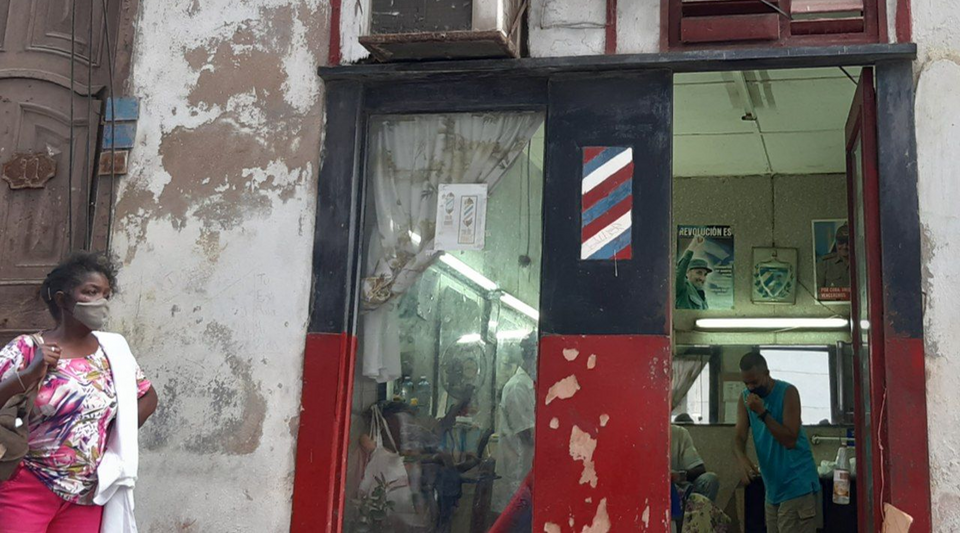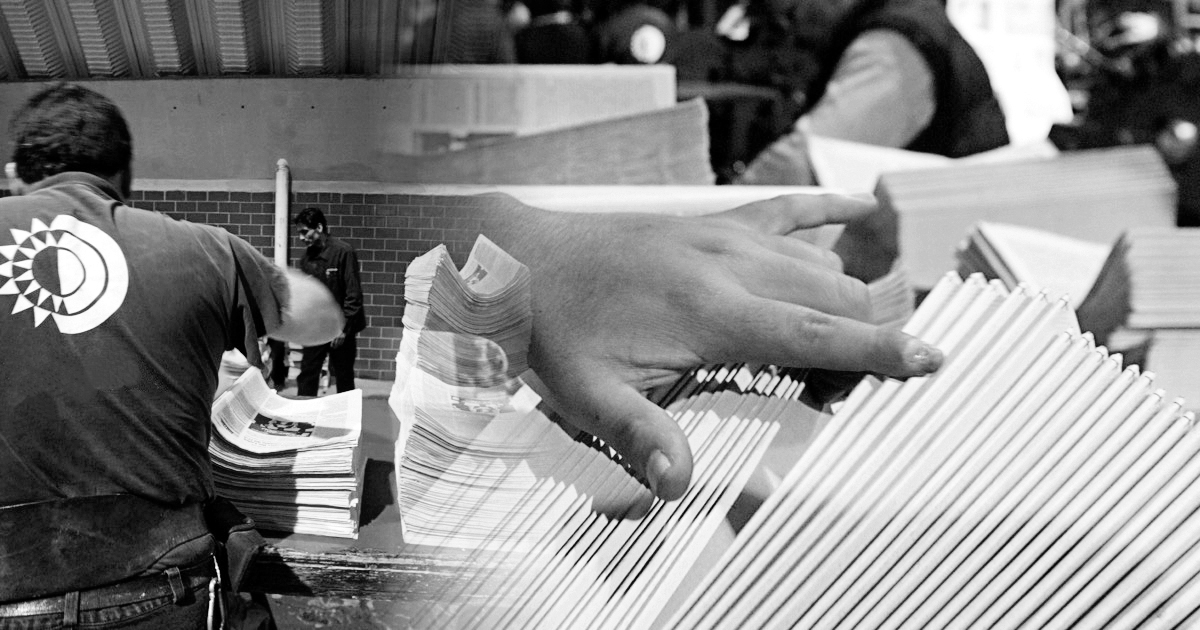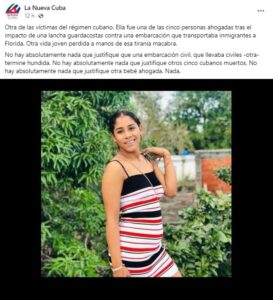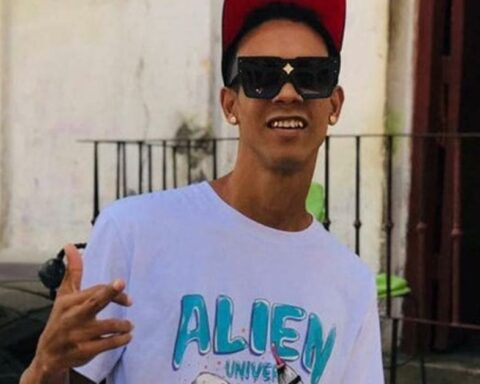David left his dream of being a stomatologist to open a barbershop in Havana in 2016, one of the best years in Cuba’s recent history, with the visit of Barack Obama, tourism touching the sky and hopes for change more alive than ever . Six years later, and after a traumatic journey on the “volcano route”, he tells 14ymedio how he had to leave the Island and his prosperous business due to the persistent refusal of the regime to open the internal market.
“I started from scratch as everyone starts, with the basic and main things, I grew in the business and in 2018 it can expand and have a worker. I gained experience and clients, improving, because I had to prepare myself and I passed styling courses “, he recounts from his new residence, in Naples, Florida, where he arrived in March 2022.
Until then, and like so many Cuban barbers, David had to resort to the black market to acquire his products. The government’s resistance to creating wholesale markets for self-employed businesses limited (and continues to limit) the ability of entrepreneurs to obtain materials with which to work and pushed them to plunge into illegality, exposing them to all kinds of fines in inspections .
“We barbers communicated in a WhatsApp group in which we helped each other find work material that is very difficult to obtain in Cuba, for example, a blade razor had to be bought on the black market, because there is none. No they exist. So, how do you justify for your work? And that is a basic material, because for each client you need a blade”, he explains. At that time, the price was 15 pesos each and David is convinced that, today, the price will have escalated infinitely, and everything was brought from other countries.
Government reluctance to create wholesale markets for self-employed businesses limited the ability of entrepreneurs to source materials with which to work
The only formula authorized by the Government for barbers to buy their work materials was to purchase them, sporadically, in stores in freely convertible currency (MLC), but they had to charge for their work in national currency. If things were complicated before the Ordering Task, with monetary unification and runaway inflation, the situation went from bad to worse.
“To buy from the State, which converted 24 pesos to a dollar, I had to lose money, because I had to buy it on the black market. [donde desde el inicio la moneda estuvo al doble de la tasa oficial]. Also, I have to justify it, put everything on paper to declare my taxes. How do you justify something like that, if no one on the street is going to give you a voucher?” David explains that the things he needed to buy in the informal market were not punctual but basic, from the aforementioned blades to talcum powder or cologne and even blankets for cleaning the floor – although “well, Cubans always invent and clean themselves with an old sweater,” he says.
The worst, despite everything, was the cap on prices that the Government of Havana decreed at the beginning of 2021. The maximum price for a cut was 25 pesos, as the local press reported in an article in which it mentioned the fines. imposed for violating regulations. “In the Los Amigos Barbershop, a leased unit, on 17th and H, the self-employed person was notified with a fine of 8,000 pesos in accordance with the provisions of Decree Law 30, for charging 50 pesos for peeling, when its established price is 25”, read the text.
David remembers that case perfectly. “A week ago a law had arrived that the cut could not exceed 25 pesos and the barbers began to protest. They spent three months harassing the barbers, that little boy who works in front of 17th and H. made a lot of noise. he was from the State, but you are paying him. I cannot allow someone to tell me how much I have to charge for my service. I can have competition and that forces me to match my price, because if I charge 100 here and that one charges 80 and has the same things as me, it is obvious that I lower it. But not that someone comes and tells me that I have to charge so much for that, “laments the barber.
“I preferred to charge less and take care of myself before they fined me 8,000 pesos and took away my license, because that’s four minimum wages, so it was a lot of work to pay for it,” says David, who recalls the failed rebellion of the barbers. “Those who worked in the state premises have a company against which they did demonstrate, but they did not solve anything.”
“It’s hard, because you lose many things, friends, family, you lose something that is part of you, but there is nothing more beautiful than living in freedom”
That combination – the impossibility of buying products to maintain his business legally, the price cap and the risk of being fined – took away his enthusiasm for his work and encouraged him to leave the island through Nicaragua.
The journey was not easy. David suffered from the fear of being discovered by the authorities of the countries he had to cross and saw a person die a few meters from him at the Rio Grande crossing that, at 29 years old, marked him very hard. But leaving was a necessity, especially since on July 11 he saw how many young people were arrested and imprisoned for dozens of years simply for protesting what they considered fair.
Now, from quiet Naples, he deals with the American bureaucracy to regularize his situation, but things are improving. “In March I had my birthday. My family had all gotten together and they took me to a huge fair, where there were gadgets and games. I went to eat a pizza with my cousin and I look back and see a policeman behind me. Of course, I I come with the idea that a guy like that, in your country, represses you,” he reflects.
He invites Cubans to reflect before following the path he took because he considers that emigration is a very personal decision, as well as risky. He tells them: “Open your eyes, see your own reality and do what you have to do to escape, you won’t regret it. It’s hard, because you lose many things, friendships, family, you lose something that is part of you, but There is nothing more beautiful than living in freedom.
________________________
Collaborate with our work:
The team of 14ymedio is committed to doing serious journalism that reflects the reality of deep Cuba. Thank you for joining us on this long road. We invite you to continue supporting us, but this time becoming a member of our newspaper. Together we can continue transforming journalism in Cuba.








